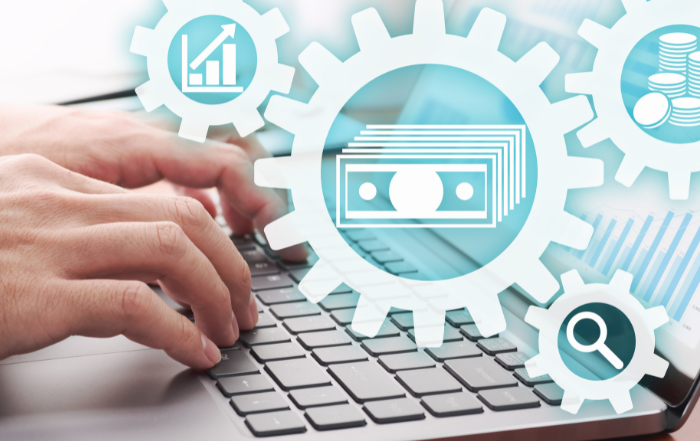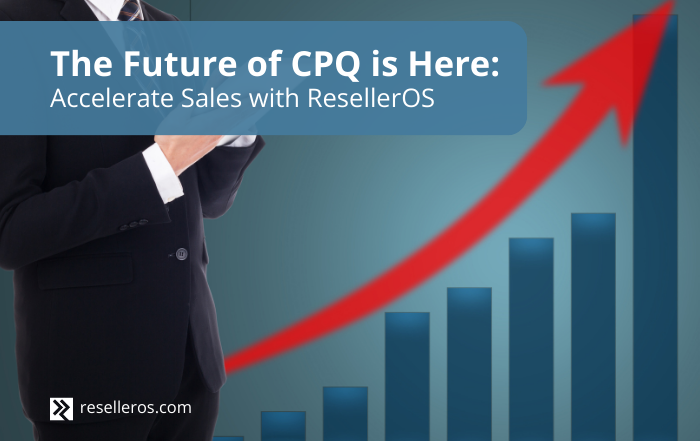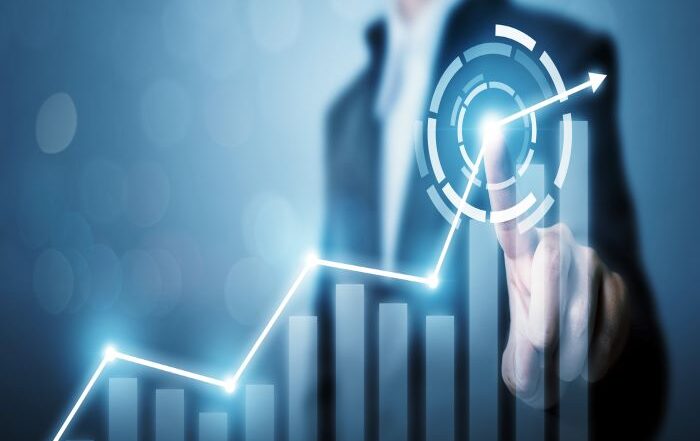Business Intelligence vs Business Analytics: What’s the Difference?
Virtually every business generates massive amounts of data each and every day. This data is typically used to help manage day-to-day operations and can be used to drive future business decisions.
Businesses have various methods they can employ to take advantage of this data. Two of the most popular are business intelligence and business analytics. Both of these approaches enable you to examine and learn from the data collected in your business, but they differ in how they’re used.
What are business intelligence and business analytics, and how should you use each of them in your business?
What is Business Intelligence?
Business intelligence (BI) is a method for exploring your business’s data. BI involves accessing, querying, and extracting insights from your data. BI uses methods such as data mining and online analytical processing (OLAP) to provide real-time metrics about your business operations. In addition, many businesses utilize Salesforce and other CRM platforms to generate the data to be leveraged in business intelligence.
You use BI to explore what’s happening in the business and how it is happening. BI enables you to view current performance, set benchmarks, identify trends, and simply learn more about the current status of your business operations. Businesses use the information gathered by BI to help better manage their operations on a day-to-day basis.
BI is widely used throughout all parts of the enterprise today. According to Dresner’s 2020 Business Intelligence Market Study, the top drivers of BI use are operations, finance, and sales departments, along with executive management.
What is Business Analytics?
Business analytics (BA) uses much of the same data to help you figure out what’s happening in your business. BA delves deeper into the data than does BI, with the goal of using historical data to predict future trends. Companies typically use BA to make longer-term decisions about the future of their business.
BA employs a variety of more sophisticated predictive analytic methods, including data mining, statistical analysis, predictive modeling, machine learning, and artificial intelligence. Salesforce Tableau CRM is an example of a popular platform for business analytics.
These tools help identify correlations and patterns that can create deep insights into available data. It’s all about identifying current trends, determining the factors behind these trends, and then making predictions about what will happen in the future. BA helps companies make better long-term decisions, faster. According to Better Buys, companies using BA are five times more likely to make faster decisions.
How Do Business Intelligence and Business Analytics Differ?
In a nutshell, business intelligence is concerned with today while business analytics focuses on the future. You use BI to run your current business and BA to drive business decisions down the road.
BI Analyzes Past and Current Data; BA Analyzes Past Data
To perform its analysis, BI accesses both past and current business data. BA, on the other hand, is more concerned with using historical data to predict future trends. It typically has little need for real-time data.
BI Uses Structured Data; BA Uses Both Structured and Unstructured Data
BI uses structured data generated by your organization – sales figures, production output, headcount, and the like. BA uses AI to extract useful content from both structured and unstructured data, including emails, letters, contracts, and messages.
BI Tells; BA Transforms
BI presents the data as given. BA transforms the data into different elements and relationships to create new and unique insights.
BI Reports; BA Analyzes
BI is all about reporting. You use BI to create reports that showcase past performance and access dashboards that show real-time performance. Graphs and tables can be used to present a visual representation of numerical data.
BA doesn’t report what happened, it analyzes the data to provide insights into business trends. It is less factual and more broadly predictive.
Think of BI as news reporting and BA as informed speculation. BI presents the facts while BA provides insight into those facts.
BI Describes; BA Predicts
BI is designed to present the status of current business operations. It uses available data to describe what has happened and what is currently happening with your business operations. BI typically provides real-time information in granular detail.
BA, in contrast, does not report on current operations but rather focuses on predicting what will happen in the future. To do this it must deeply analyze all available historical data to determine trends and the “why” behind those trends. BI helps you foresee future trends and suggests ways you can improve your business operations in anticipation of those trends.
BI Helps Run Your Business; BA Helps Change Your Business
BI and BA are fundamentally different as to their uses to your organization. You use the information generated by BI to help manage your current day-to-day operations. You use the insights provided by BA to change your business going forward. BA’s can help you make your business more efficient and ready for growth.
When Should You Use Business Intelligence vs Business Analytics?
Given that BI and BA serve different purposes, when should your business use each?
Use BI for Day-to-Day Business Management
Business intelligence is designed specifically to help you run your business on a day-to-day basis. Use BI to generate reports that show current performance, compare performance to plan, compare current performance to prior year performance, and the like. When you want to know how your business is doing right now, business intelligence is the method to use.
Use BA for Long-Term Planning
Business analytics is what you use when you want to steer your business over the long term. Use BA to examine ways to make your business more efficient, to evolve your business strategy to adjust to market trends, to determine long-term staffing and training needs, and to determine your future direction. When you want intelligent insights into the future of your business, business analytics is the method for you.
Use Salesforce for Your BI and BA Needs
Salesforce is a useful tool for both business intelligence and business analytics. Let the experts at Rainmaker determine the right Salesforce solutions for your BI and BA needs. We can help you select the right technologies, map your vision for analytics, and implement data analytics solutions leveraging Einstein Analytics, Tableau, Salesforce Reports and Dashboards, and other essential tools. We offer end-to-end support of the entire Salesforce platform to help you better manage your business.






